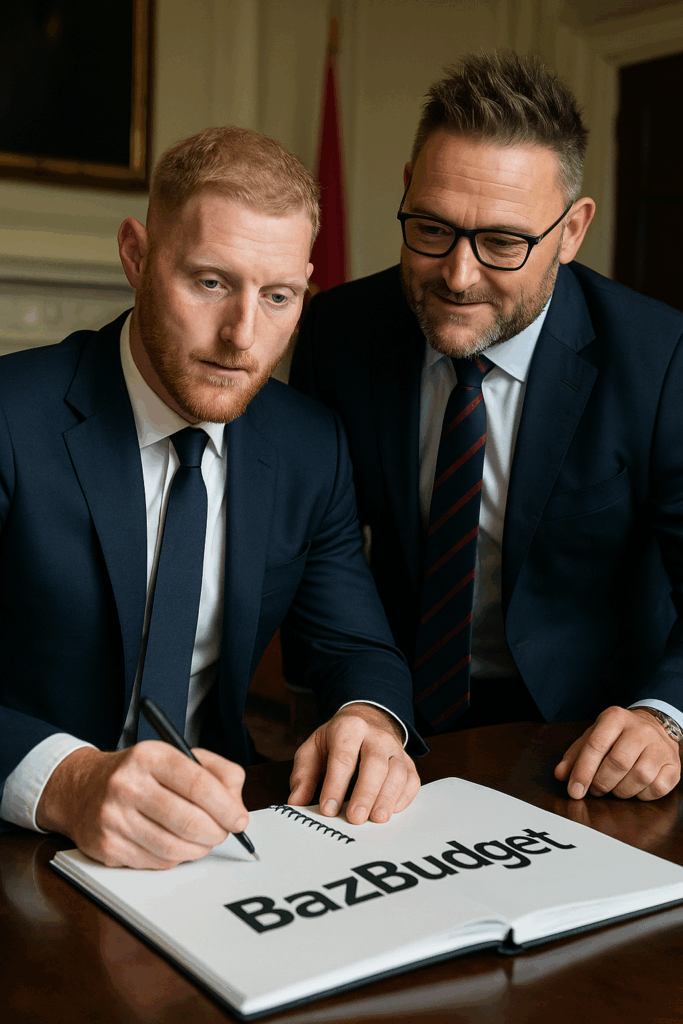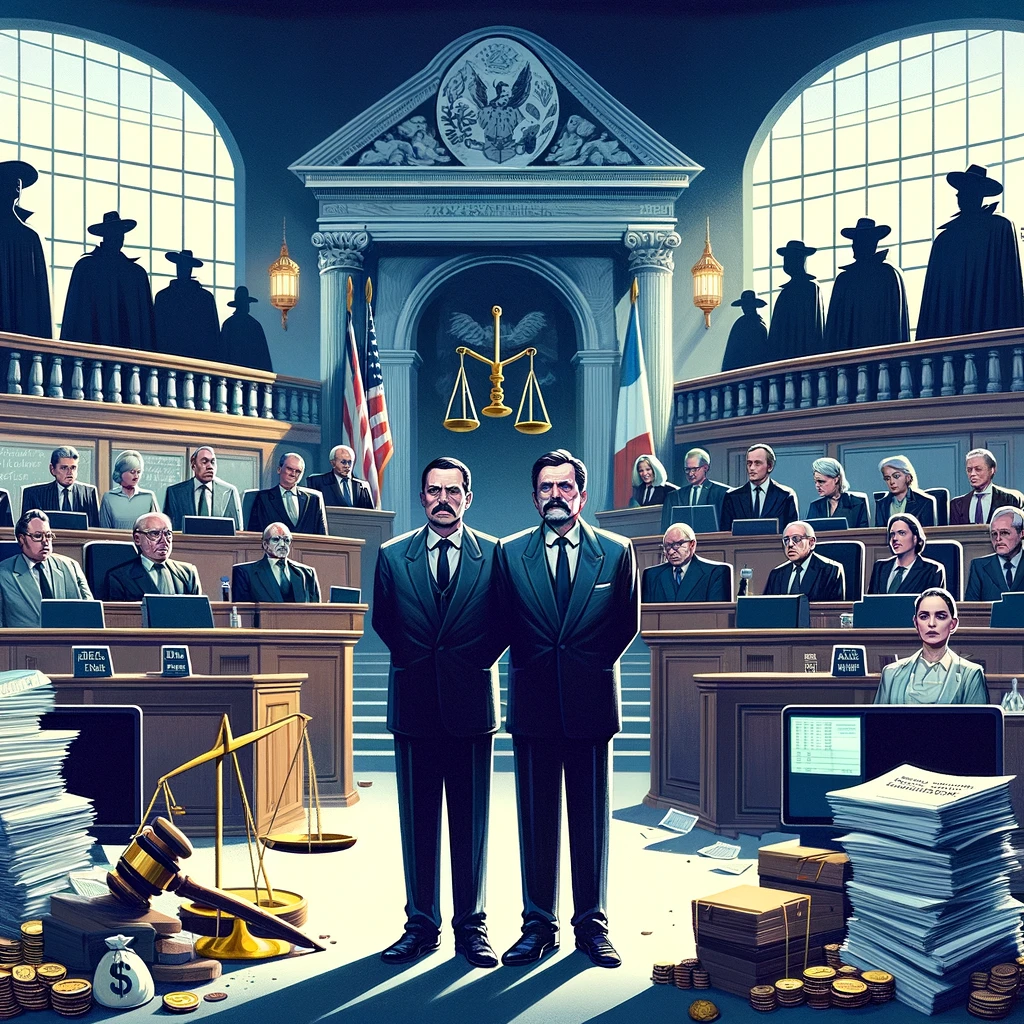
BazBudget
Read more
April 12, 2024 | 4 min read
Author: Andy Wood

Introduction
This week, the trial began for 27 individuals affiliated with Mossack Fonseca, the law firm implicated in the notorious Panama Papers scandal, with charges of money laundering at the centre of the case.
These individuals include the eponymous Mr Mossack and Mr Fonseca.
What were the Panama Papers?
The controversy dates back to 2016, when 11.5 million documents were leaked revealing how offshores were used by the elite to evade taxes and conceal wealth.
The records, originating from Mossack Fonseca, were initially disclosed to Süddeutsche Zeitung, a German daily, and subsequently investigated by a global consortium of investigative journalists, uncovering the involvement of over a hundred media outlets, including names like the Guardian.
As stated, founders Jürgen Mossack and Ramón Fonseca Mora are among the defendants and have consistently denied any wrongdoing. They assert that they lacked direct control over the corporations established for clients.
Penalties for a conviction could lead to prison sentences of up to 12 years.
What were the revelations?
The revelations from the Panama Papers had widespread political repercussions, ensnaring over a hundred politicians.
These include leaders such as Russia’s Vladimir Putin through associates like cellist Sergei Roldugin. It. The scoop also led to the resignation of Pakistan’s Nawaz Sharif and Iceland’s Sigmundur Davíð Gunnlaugsson.
What has happened since?
In the wake of the Panama Papers exposé, nations worldwide have initiated actions to recoup lost taxes hidden in offshores.
By 2021, governments had reportedly reclaimed over $1.36 billion in taxes. It has been stated that HMRC in the UK has winkled out $253 million.
Weren’t there a plethora of other papers beginning with P?
Yes, fans of alliteration will have been delighted at the ICIJ’s naming of these leaks.
We have also seen the Paradise Papers and the Pandora Papers
What about the Paradise Papers?
This stemmed from a leak from the offshore provider Appleby.
At the time, there seemed to be little in the Paradise Papers of serious interest from a UK tax perspective.
However, the late Queen made the list this time. She outraged the BBC and the Guardian by secretly investing £10m in offshore tax havens. Outrageous.
Well what she (sorry, the Duchy of Lancaster) had actually invested in a fairly vanilla looking fund. There was absolutely no tax avoidance to see.
Lord Ashcroft was also famously chased into the toilets at the Tory conference that year by Richard Bilton over his inclusion on the list around his ‘non-dom’ status.
What about the Pandora Papers?
The papers disclosed the financial details of numerous high-profile individuals, including Jordan’s King Abdullah II who reportedly invested over $100 million in properties across the UK and US and celebrities like Shakira and Claudia Schiffer.
Tony Blair who is getting a bit of a rough ride. Blair was criticised for acquiring the shares in an offshore company which held a property that he would eventually use for his business dealings.
By purchasing the shares rather than property he would have undoubtedly saved SDLT. This is because shares only suffer a much lower rate of 0.5% – and there is no duty AT ALL where the Company is incorporated outside of the UK.
Again, it was difficult to see where the tax avoidance or loophole-ry was here.
Other papers
The P-Papers are part of a succession of leaks curated by the ICIJ which began with the LuxLeaks in 2014 and the FinCEN files.
Conclusion
The significance of the Papers has perhaps diminished after the Panama Paper revelations. These included some fairly unsavoury characters and activities. It is these type of activities which are, at least in part, being brought before the courts in the Mosscak Fonseca case.
However, many of the subsequent leaks perhaps represent little alleged wrongdoing at all. They might be embarrassing for some of the parties involved, filled newspapers and give politicians something to gnash their teeth about. But nothing wrong.
Indeed, the ICIJ’s disclaimer acknowledges this fact:
“There are legitimate uses for offshore companies and trusts. We do not intend to suggest or imply that any people, companies or other entities included… have broken the law or otherwise acted improperly”
It will be interesting to see whether Mossack Fonseca are found to have crossed the line into criminality.
We might then have the Porridge Papers.
If you have any queries about this article, or tax matters in general, then please get in touch.